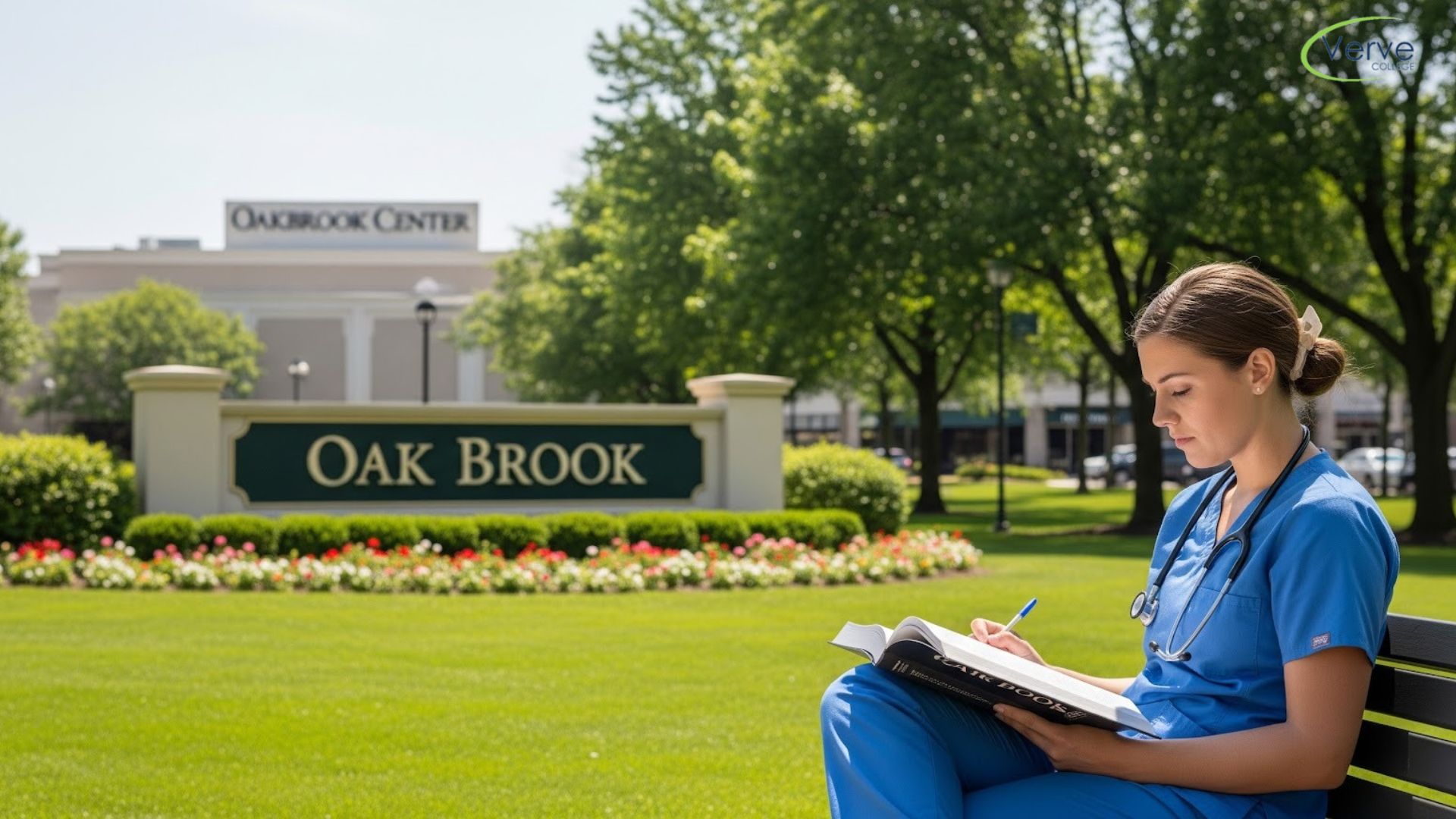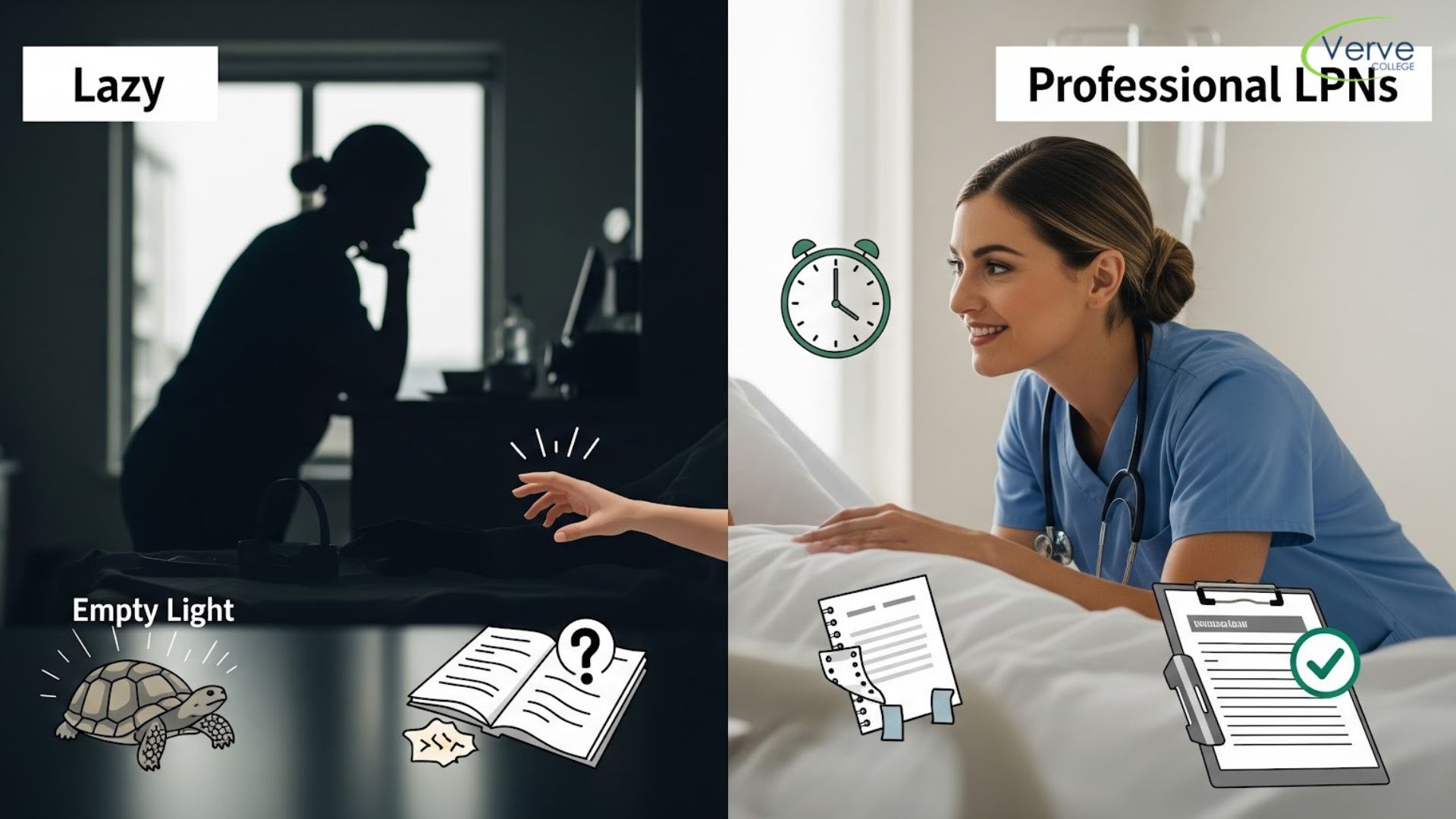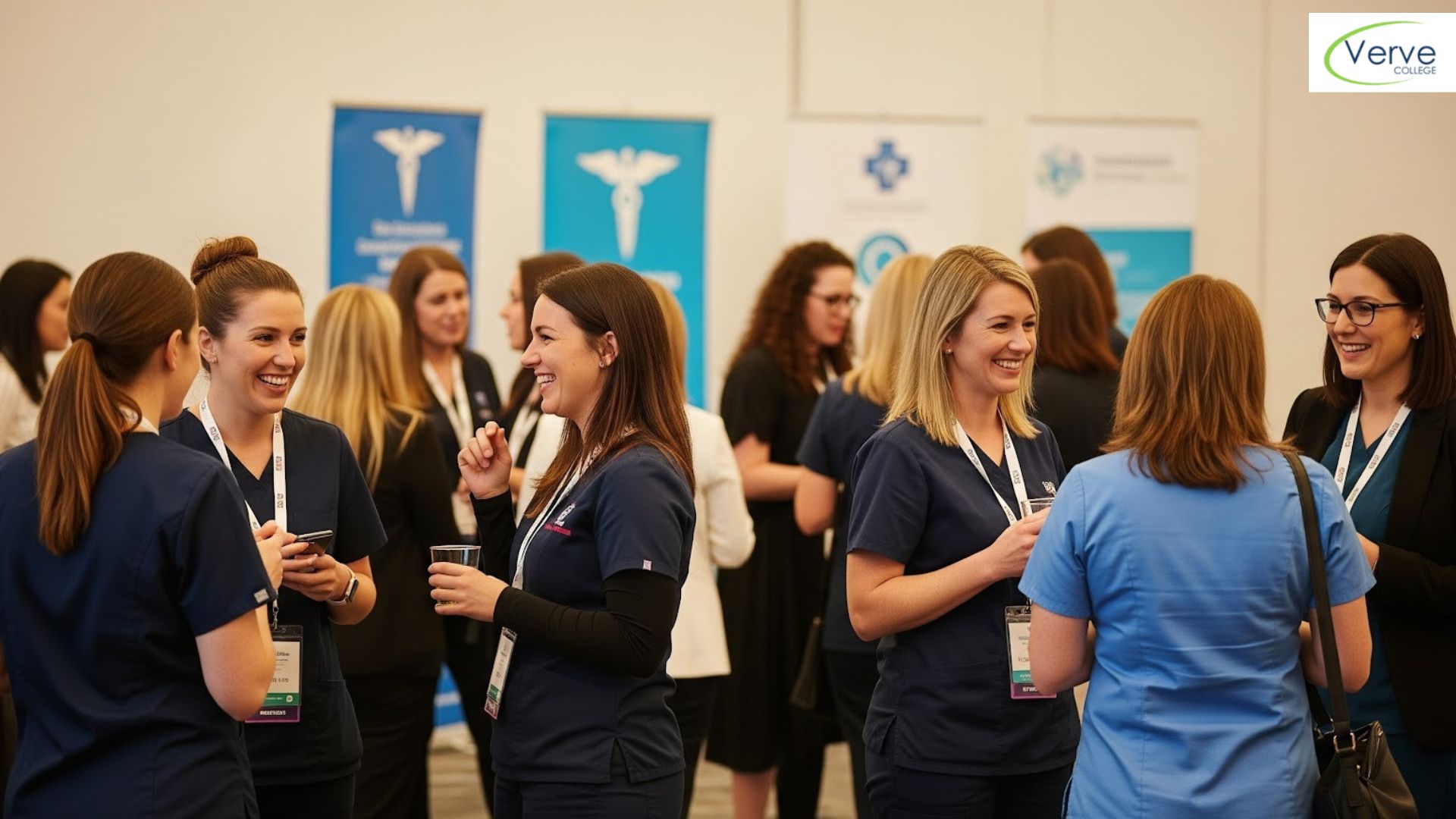- Oak Brook:(630) 705-9999
- Chicago:(312) 920-8822
- Email:inquiry@vervecollege.edu
- Make a Payment
- Home
- Programs
- Admission
- Resources
- ATI Entrance Exam Resources
- New E-Digital Library
- Refer a Friend
- School Newsletter
- Events
- Employers
- Job-Network
- Alpha Beta Kappa Candidates
- Verve College Library
- Graduation and Pinning Ceremony Photo Galleries
- Textbook Information
- Career Services
- Tutoring
- School Catalog
- FAQ
- Constitution Day Program
- Alumni
- Verve College Plans
- Financial Aid
- HEERF Reporting
- Satisfactory Academic Progress
- Apply For Financial Aid
- Net Price Calculator
- Return of Title IV Funds (R2T4)
- Financial Aid Office Code of Conduct
- Contact
- FAQs
- Verification Policy
- Vaccination Policy
- Student Right-to-Know Act
- Misrepresentation
- Information Security Program
- Academic Award Year
- Availability of Employee
- Cost of Attendance
- Health & Safety Exemption Requirement
- Students Rights and Responsibilities
- Leave of Absence
- Pell Formula
- Military Students
- Grants/ Scholarship Policy
- Contact Us
- Testimonials
- Blog
Is a Nursing Career Right For You?
Take The Free Quiz
How to Get Into LPN Program: Everything You Should Know?
How to Get Into LPN Program: Everything You Should Know?
Licensed Practical Nurses (LPNs) are vital to the healthcare system, providing essential care to patients under the supervision of healthcare team,nurses and physicians. How to get into LPN program is a common question for aspiring nurses looking to enter the field. According to the U.S. Bureau of Labor Statistics, the demand for LPNs is projected to grow by 9% from 2020 to 2030, highlighting the importance of this nursing profession in meeting healthcare needs.
Enrolling in the best nursing schools in Illinois is crucial for aspiring nurses, as these programs equip nursing students with the necessary fundamental skills and knowledge. Understanding how to get into an LPN program can help candidates navigate admission requirements, such as prerequisites, entrance exams, and clinical training expectations.
Accreditation ensures that the education meets industry standards, preparing graduates for the challenges of the healthcare environment and improving job prospects in a competitive field.
What is an LPN Program?
Licensed Practical Nurse (LPN) programs are designed to prepare students to provide basic nursing care in various in clinical settings. The primary objective is to equip students with clinical skills and knowledge to assist registered nurses and doctors effectively. Options include traditional in-person programs, online nursing courses, and flexible part-time schedules. In-person programs offer hands-on experience, while online courses provide convenience for working students. This diversity allows aspiring LPNs to choose a pathway that best fits their lifestyle and career goals.
Basic Eligibility Requirements
According to the U.S. Bureau of Labor Statistics, candidates for programs must meet specific eligibility criteria, which typically include:
- Age and education The applicant must be at least 18 years old. They must also have an official graduation certificate from a high school or GED.
- Prerequisites: Successful completion of foundational courses in subjects like biology and anatomy is often required to ensure readiness for the nursing curriculum.
Meeting these education requirements is essential for a successful application to program and anatomy and physiology classes.
Related:- How Difficult Are LPN Schools?
How to Get Into LPN Program: Preparing for LPN Program Admission
- Researching Programs: Start by identifying programs that fit your needs. Consider factors such as location, curriculum, and the qualifications of faculty. Use resources like the National Council of State Boards of Nursing (NCSBN) or the Accreditation Commission for Education in Nursing (ACEN) for reliable options.
- Entrance Exams: Many programs require standardized tests, such as the TEAS (Test of Essential Academic Skills). Familiarize yourself with the licensing exam format and focus on key areas like reading, math, and science. Utilize study guides and online resources to effectively prepare.
Application Process
To apply for an LPN program, start by gathering necessary documentation, including academic transcripts, identification, and recommendation letters. Ensure all documents are accurate and up-to-date. Next, focus on writing a strong personal statement. Highlight your passion for nursing, relevant experiences, and your career goals. Tailor your essay to reflect the specific program’s values and mission. A well-crafted application showcasing your dedication will enhance your chances of acceptance into the competitive program.
Financial Considerations
The average cost of Practical Nursing programs in the U.S. ranges from $10,000 to $30,000, depending on the institution and location. To alleviate financial burden, students can explore various financial aid opportunities. Scholarships, grants, and federal student loans are widely available for those pursuing a degree in nursing. Many technical schools also offer payment plans to make tuition more manageable. Prospective Vocational Nurses should research these options to better afford their programs and start their careers without excessive debt.
What to Expect in LPN Training?
The National Council of State Boards of Nursing reports that LPNs play a crucial role in over 60% of nursing homes. Practical nursing programs cover essential topics such as basic patient care, anatomy, and pharmacology while fostering clinical practice skills.
Prospective students will engage in hands-on training, benefiting from clinical rotations that enhance their critical thinking skills and prepare them for real-world nursing challenges. This combination of coursework and practical experience ensures that LPN graduates are well-prepared for their careers.
Conclusion
How to get into LPN program is a common question among nursing students, and we have clearly defined it above. To successfully gain admission to the program, candidates must fulfill specific educational requirements, including completing prerequisite courses. Additionally, many programs from LPN schools near me require a set number of clinical hours to provide hands-on experience crucial for the practice of nursing.
Aspiring nurses should stay focused on their goals. Successfully passing the NCLEX-PN licensure exam opens the door to a meaningful career, allowing you to make a significant difference in patients’ lives and contribute positively to your community.
 Sign up
Sign up Login
Login




